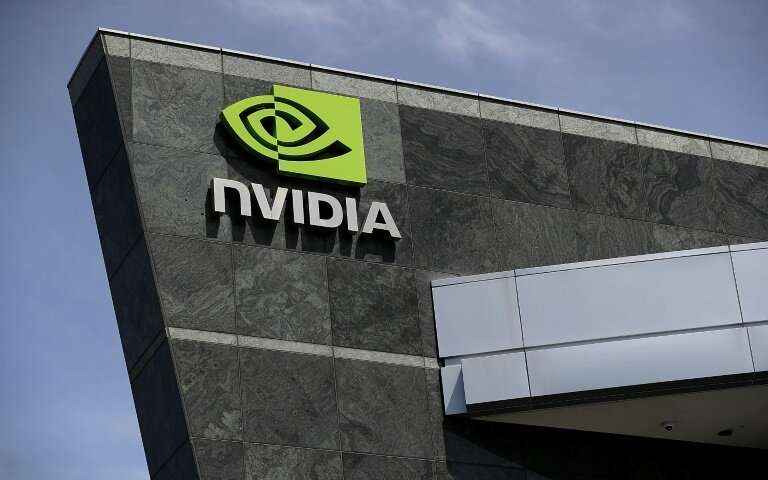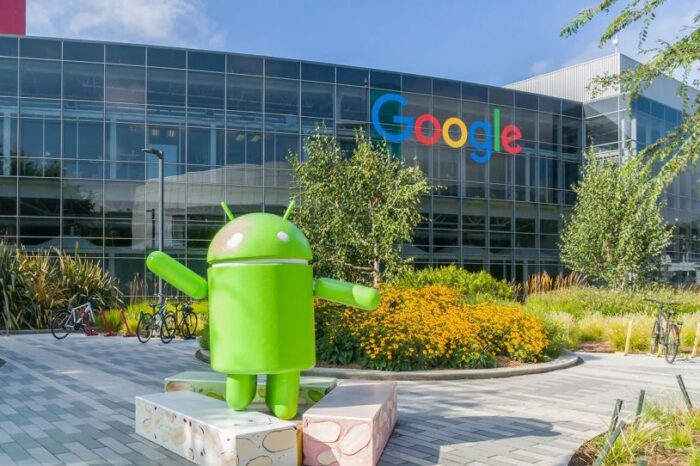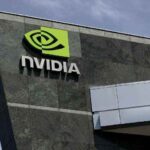Nvidia acquires AI coding startup Solver amid growing AI investment spree

Nvidia has acquired Solver, a three-year-old startup building AI agents for software coding. The deal, first reported by The Information on Tuesday, underscores Nvidia’s push to expand its AI software stack at a time when investment in AI startups shows no signs of slowing.
Solver, originally known as Laredo Labs, launched in 2022 to create AI systems that act less like autocomplete tools and more like actual collaborators. Its flagship agent isn’t limited to finishing snippets of code—it’s built to manage entire repositories and carry out development tasks from start to finish. The system was trained on one of the largest datasets in software engineering history, pulling from the full records of more than 100 million projects to learn not just how code is written but how it evolves inside real workflows.
“Nvidia acquires Solver, a three-year-old AI coding agent startup formerly known as Laredo Labs, which had raised $8M from Radical Ventures and other investors,” The Information reported.
The startup was founded by Mark Gabel and Daniel Lord, two veterans with deep ties to AI’s early consumer breakthroughs. Gabel, Solver’s CEO, previously served as Chief Scientist at Viv Labs, which Samsung acquired to bolster its digital assistant work. Lord, a co-founder of Siri before its sale to Apple, helped design the kind of scalable AI systems that made voice assistants viable. Together, they positioned Solver to push beyond autocomplete and tackle the broader software development cycle.
Backed by $8 million from Radical Ventures, Solver emerged as part of a wave of startups betting that AI agents could take on the heavy lifting of coding. Radical, a Toronto-based fund focused on artificial intelligence, saw Solver as a leap beyond the autocomplete tools popularized by GitHub Copilot or Replit.
Nvidia hasn’t disclosed the terms of the deal, but the acquisition fits neatly with its wider strategy: build out the software layer around its industry-leading AI hardware. Over the past two years, Nvidia has bought up a string of companies, from Run:ai in Israel for $700 million to Seattle’s OctoAI for roughly $250 million. Other deals included Brev, a developer platform that simplifies GPU access, and Gretel, a synthetic data startup aimed at improving training data pipelines.
Nvidia’s Latest Acquisitions
In just the past two years alone, Nvidia has snapped up several firms, including:
- OctoAI: A Seattle-based startup specializing in generative AI tools, acquired for approximately $250 million in September 2024. This deal aimed to strengthen Nvidia’s enterprise AI solutions.
- Run:ai: An Israeli software provider for AI workload orchestration, purchased for $700 million and completed in December 2024.
- Brev: A developer platform for AI model building and deployment, acquired in July 2024 to improve access to Nvidia GPUs in the cloud.
- Gretel: A synthetic data startup, bought in March 2025 to support AI training data needs.
By snapping up Solver, Nvidia is betting that AI coding agents will become a standard part of the developer toolkit. Integrating Solver’s tech could shorten development cycles for enterprises building on Nvidia’s platform, while giving the company another foothold in the fast-moving AI software market.
For developers, Solver’s approach points to a future where AI teammates do more than autocomplete—they participate in building, testing, and managing codebases. For Nvidia, it signals a continuation of its “AI deal blitz,” stacking software capabilities on top of its hardware dominance to keep competitors at bay.
The move also stirs questions about market concentration. Nvidia already faced antitrust scrutiny after its $700 million Run:ai acquisition, and Solver adds another piece to a growing portfolio that spans chips, data tools, and AI agents.
Still, the acquisition speaks to where the industry is heading. AI agents are no longer a side experiment—they’re moving closer to the core of how software gets written. Solver’s technology, now under Nvidia’s wing, could accelerate that shift.
Nvidia hasn’t made a public statement on the deal, and outlets like Reuters, Bloomberg, and TechCrunch haven’t independently confirmed the acquisition as of September 3. But with the news spreading quickly across platforms like X and Techmeme, the move signals yet another turn in the company’s aggressive push to dominate not just AI hardware, but the full stack of tools developers rely on.




